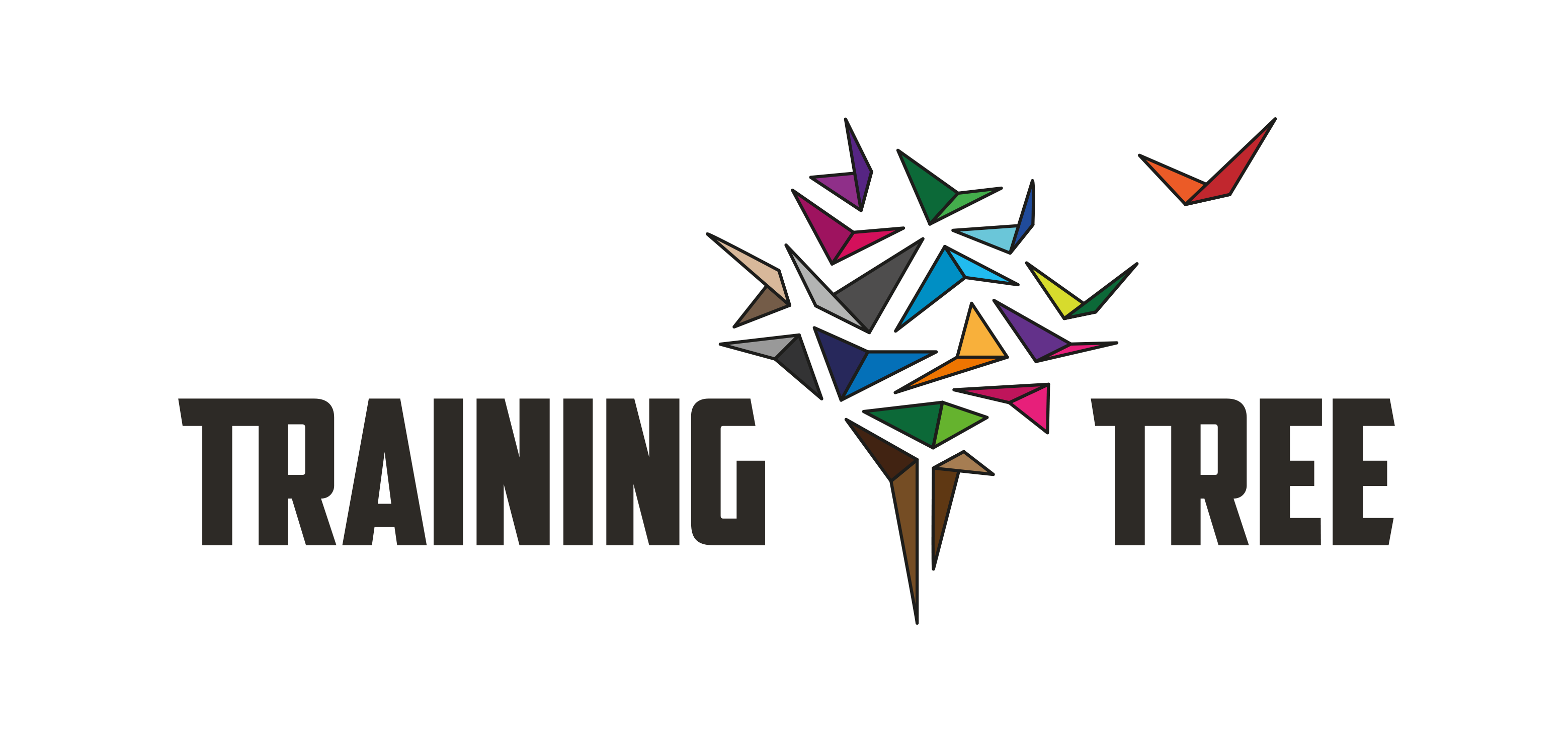DESCRIPTION
SELECTED BENEFITS
- Increasing self-awareness
- Deepening knowledge about one’s emotions and their sources
- Practicing techniques and tools for managing emotions in difficult situations
- Learning and practicing techniques to counter unpleasant emotions and relieve tension
TOPICS COVERED
- What are emotions and why do we need them?
- How to maintain an appropriate level of arousal at work and at home – balancing motivation and stress
- How to avoid transferring emotions, for example, from work to home
- The 4-stage process of emotion formation: stimulus – thoughts – emotions – action
- Techniques for reducing tension during difficult situations
Trainers
Business trainer, academic lecturer, Certified Belbin Team Roles Consultant, Coach/Team Coach ICC (International Coaching Community)
A graduate of the Transactional Analysis Academy and holder of the European Association for Transactional Analysis certificate. A business practitioner with extensive experience in sales, quality, and competency development, as well as in creating, implementing, and managing motivational and developmental projects.
Coach, Trainer, Academic Lecturer
She is a business trainer, Executive Coach (PCC ICF), Mentor, and Supervisor for coaches and mentors. Specializing in training soft skills related to stress and emotion management, personal energy management, relationship building, and teamwork. In her work, she utilizes research on communication styles (DISC D3) and mental toughness (Mental Toughness Questionnaire – MTQ Plus).


